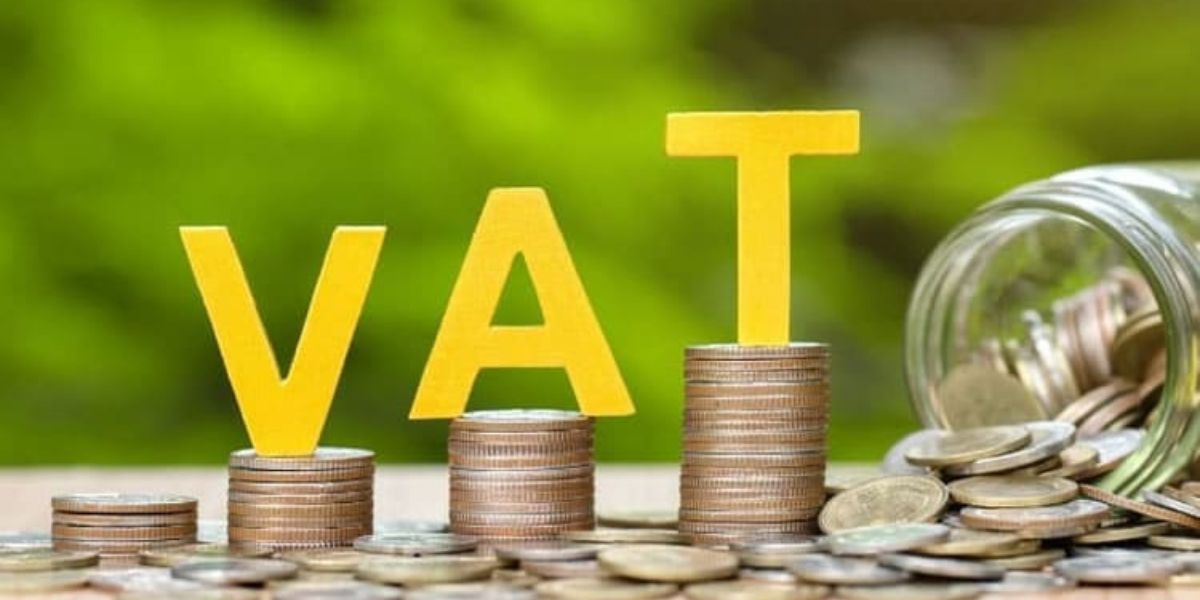Lagos dominates VAT collection with ₦2.75 Trillion, Rivers and FCT in pursuit

Lagos State has emerged as the largest contributor to Nigeria’s Value Added Tax (VAT) revenue in 2024, generating an impressive ₦2.75 trillion.
This figure accounts for 54% of the total non-import VAT revenue, as revealed in a report by Agora Policy.
Rivers State ranked second with ₦832.69 billion, followed by the Federal Capital Territory (FCT), which contributed ₦303.64 billion.
Oyo State secured fourth place with ₦272.41 billion, while Kano State took the fifth position with ₦77.76 billion.
The report also highlighted that the remaining 33 states collectively contributed just 19% of the total VAT revenue. Contributions ranged from Delta State’s ₦73.39 billion to Imo State’s ₦4.38 billion.
Agora Policy, a Nigerian think tank focused on tackling national challenges, provided a detailed breakdown of VAT contributions by states and the FCT in 2024:
Breakdown of VAT Contributions by States (2024):
- Lagos: ₦2.75 trillion
- Rivers: ₦832.69 billion
- FCT: ₦303.64 billion
- Oyo: ₦272.41 billion
- Kano: ₦77.76 billion
- Delta: ₦73.39 billion
- Bayelsa: ₦64.66 billion
- Edo: ₦53.55 billion
- Anambra: ₦47.53 billion
- Akwa Ibom: ₦46.93 billion
- Adamawa: ₦42.01 billion
- Borno: ₦35.29 billion
- Niger: ₦34.84 billion
- Taraba: ₦32.37 billion
- Kwara: ₦31.51 billion
- Kaduna: ₦30.30 billion
- Ekiti: ₦29.58 billion
- Jigawa: ₦28.54 billion
- Benue: ₦26.59 billion
- Ogun: ₦26.16 billion
- Sokoto: ₦25.98 billion
- Gombe: ₦25.45 billion
- Ebonyi: ₦25.11 billion
- Kogi: ₦23.61 billion
- Plateau: ₦22.10 billion
- Katsina: ₦22.08 billion
- Yobe: ₦19.79 billion
- Bauchi: ₦19.59 billion
- Zamfara: ₦17.83 billion
- Nasarawa: ₦15.89 billion
- Enugu: ₦15.39 billion
- Osun: ₦14.79 billion
- Ondo: ₦13.80 billion
- Cross River: ₦9.36 billion
- Kebbi: ₦8.77 billion
- Abia: ₦8.68 billion
- Imo: ₦4.38 billion
This report underscores Lagos State’s dominance in VAT contributions, further highlighting the stark disparity in revenue generation among Nigerian states.









